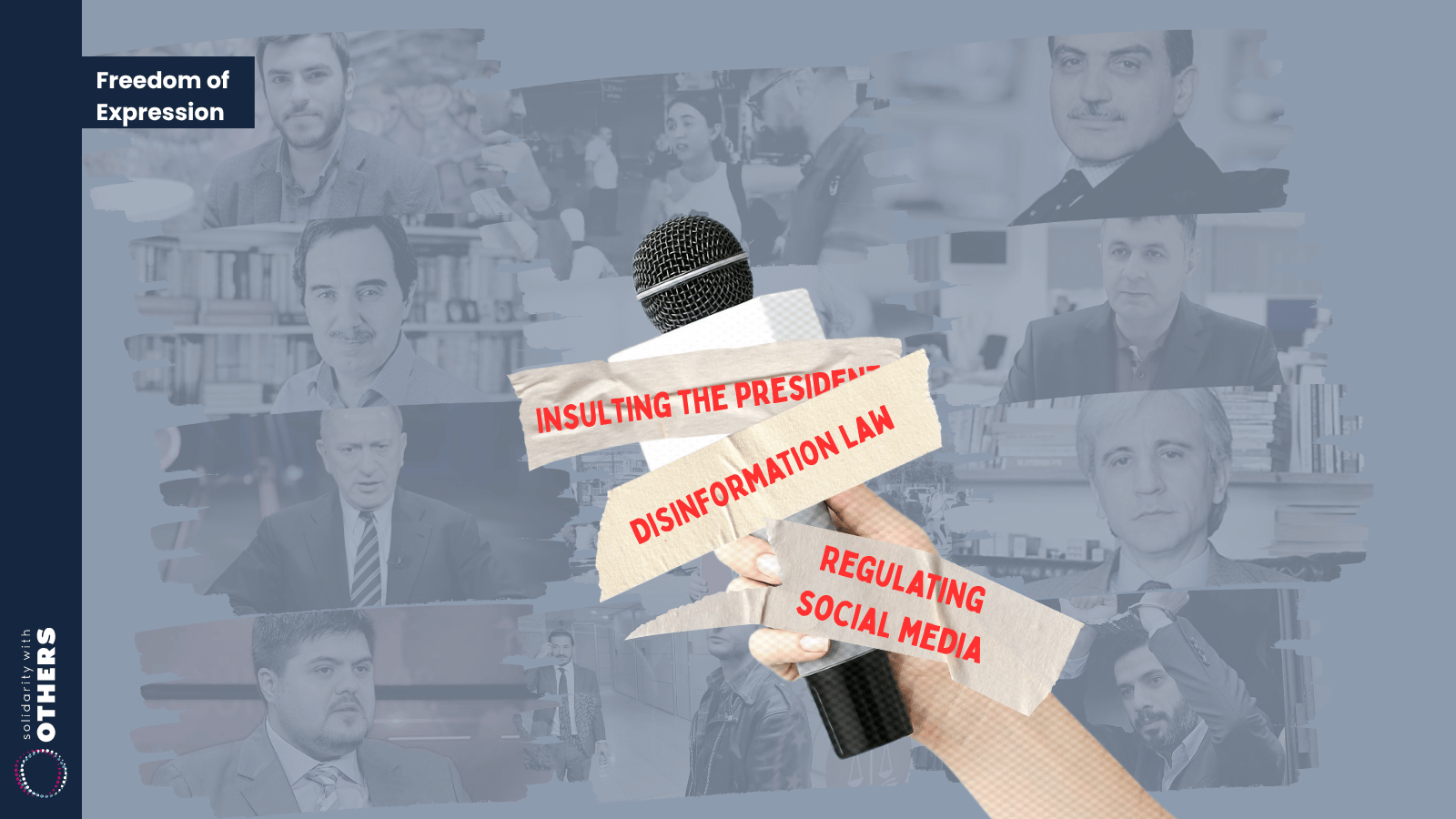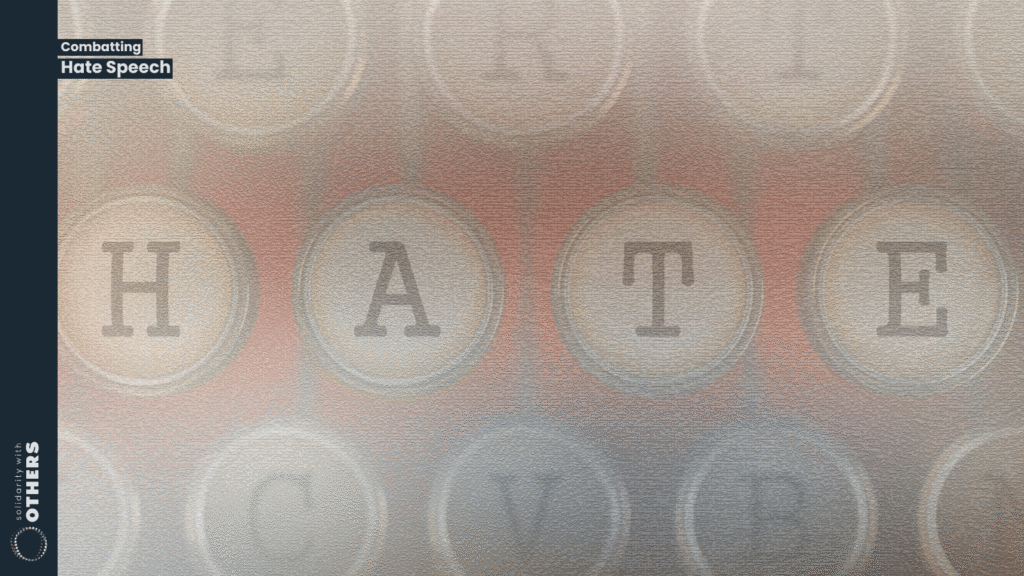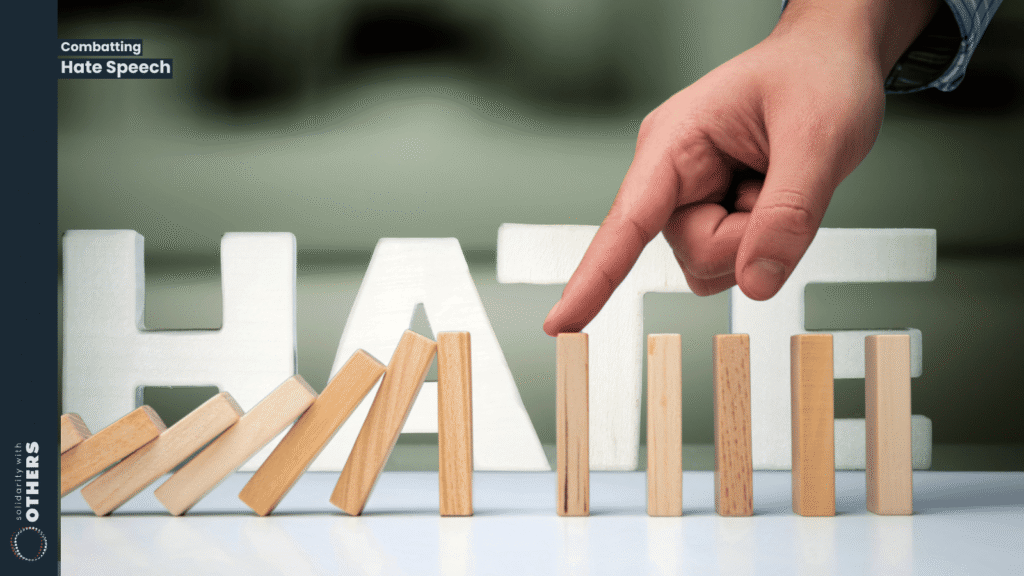İrem Seçkin *
Introduction
Freedom of expression is considered one of the fundamental pillars of democracy. For societies to progress, for diverse ideas to interact, and for those in power to remain accountable, individuals must be able to express their thoughts without fear. In Turkey, however, there has been a noticeable trend of shrinking space for freedom of expression in recent years. Although the Constitution and international conventions formally guarantee this right, in practice, a series of legal amendments and court rulings have steadily narrowed the space for public debate. So much so that today, even a message posted on social media or a comment with news value can lead a person to the courtroom—or even to prison. Journalists, students, activists, and people from all walks of life fear facing legal consequences simply for expressing their views. This situation shows that while freedom of expression may still exist on paper, in practice it has become alarmingly fragile.
The government’s use of various legal tools to suppress critical voices has led to significant restrictions on freedom of expression in Turkey. In recent years, a series of newly enacted laws, practices, and court decisions have created a broad framework that limits this fundamental right. These measures have increasingly become practical tools of intervention, directly affecting public debate, journalistic activity, and individual expression. One notable example is the so-called “censorship law,” introduced in recent years, which has also been used as an instrument of control.
Combating Disinformation
Enacted in 2022, the so-called “Disinformation Law” is widely referred to as a “censorship law” by the public. This law introduced a new article to the Turkish Penal Code, criminalizing the act of “publicly disseminating misleading information[1].” The offense carries a prison sentence ranging from one to three years. The vague definition of what constitutes “false information” in the law raises serious concerns, as it opens the door to criminalizing almost any form of critical expression. The law establishes a legal framework for penalizing individuals who merely retweet or like content deemed “false” under broad justifications, such as national security or public order. The heavy penalties prescribed in Turkey have a chilling effect on the media and public discourse, significantly increasing the risk of self-censorship.[2]
Regulations Targeting Social Media
The social media law passed in 2020 required platforms with more than one million daily users to appoint a local representative in Turkey and comply with content removal requests. The 2022 “censorship law” further tightened these obligations, effectively forcing major tech companies to establish a legal presence in the country. Now, social media platforms such as Facebook and X face the risk of having their bandwidth throttled by up to 90% if they fail to comply with Turkish regulations fully.[3] These measures aim to bring the digital sphere under tighter control by pressuring technology companies to become part of the state’s censorship apparatus.
Explosion in “Insulting the President” Cases
The offense of insulting the president has become one of the most controversial tools for restricting freedom of expression in recent years. While it was rarely used in the past, the number of cases filed under this article skyrocketed during Recep Tayyip Erdoğan’s time in office. Between 2014 and 2020, a total of 38,581 cases were filed for “insulting the president” related to Erdoğan—compared to just 1,716 cases combined during the terms of the five presidents before him.[4]
Use of Anti-Terror and Criminal Laws Against Critical Voices
In Turkey, provisions of the anti-terror legislation and the penal code are frequently used to silence peaceful dissent. According to documentation by Human Rights Watch and other organizations, vague definitions within the Anti-Terror Law and the Turkish Penal Code are often misused to punish journalists and individuals critical of the government. Publishing a news report, criticizing government policies on social media, or participating in a peaceful protest can lead to prosecution under charges like “terrorist propaganda” or “inciting hatred and enmity among the public.” This pattern intensified following the 2016 coup attempt and the subsequent state of emergency, during which hundreds of media outlets were shut down and numerous journalists and academics were arrested on accusations of “membership in a terrorist organization” or “propaganda.”
Control Over Press and Social Media
One of the areas where the shrinking of freedom of expression is most strongly felt is the media sector. In Turkey, the vast majority of mainstream media is directly or indirectly controlled by the government. According to data from Reporters Without Borders (RSF), the government controls around 90% of national media outlets. The few remaining critical media organizations are suppressed through financial audits, advertising bans, and legal pressure.
As a result of this one-sided media environment, many people turned to social media to access independent news and diverse perspectives. However, they soon faced a new obstacle: the social media law. Turkey is already one of the top countries in the world for submitting content removal requests to Twitter (now X), and in the past decade, it has repeatedly ranked as the world’s leading jailer of journalists—in 2012, 2013, 2016, 2017, and 2018.[5]
By examining these issues, we can see the many dimensions of the pressure on freedom of expression in Turkey. The restriction of this right has created a chilling atmosphere across a wide range of areas—from social media to traditional media, from street protests to academic research. Many individuals now hesitate before expressing their opinions publicly, fearing potential consequences. Journalists are pushed toward self-censorship when reporting; critical writers and artists feel compelled to exercise self-restraint in their work. This phenomenon of self-censorship stands out as one of the most invisible yet widespread consequences of authoritarian tendencies.
In an environment where freedom of expression is so heavily restricted, the exchange of diverse ideas has become more difficult, public space has shrunk, and citizens’ access to information has been severely limited. As a result, it is more important than ever to emphasize the value of this fundamental right. A society where ideas can be freely expressed and criticism is seen not as a crime but as a path to progress is of critical importance. As many journalists often say, “Journalism is the insurance of democracy”—in other words, without the press and freedom of expression, a healthy democracy cannot function.
[1] Human Rights Watch. (2022, October 14). Turkey: Dangerous, dystopian new legal amendments. Human Rights Watch. https://www.hrw.org/tr/news/2022/10/17/turkey-dangerous-dystopian-new-legal-amendments
[2] Amnesty International. (2022, October 24). Turkey: “Disinformation law” tightens government control and restricts freedom of expression. Amnesty International. https://www.amnesty.org.tr/icerik/turkiye-dezenformasyon-yasasi-hukumetin-denetimini-sikilastiriyor-ve-ifade-ozgurlugunu-kisitliyor
[3] Human Rights Watch. (2022, October 14). Turkey: Dangerous, dystopian new legal amendments. Human Rights Watch. https://www.hrw.org/tr/news/2022/10/17/turkey-dangerous-dystopian-new-legal-amendments
[4] Biçer Karaca, G. (2021, August 27). Erdoğan filed 38,581 “insulting the president” lawsuits. Bianet. https://bianet.org/haber/erdogan-38-581-cumhurbaskanina-hakaret-davasi-acti-249374
[5] Committee to Protect Journalists. (2024, Şubat 13). Drop in jailed Turkish journalists belies a long-simmering press freedom crisis. https://cpj.org/2024/02/drop-in-jailed-turkish-journalists-belies-a-long-simmering-press-freedom-crisis/





